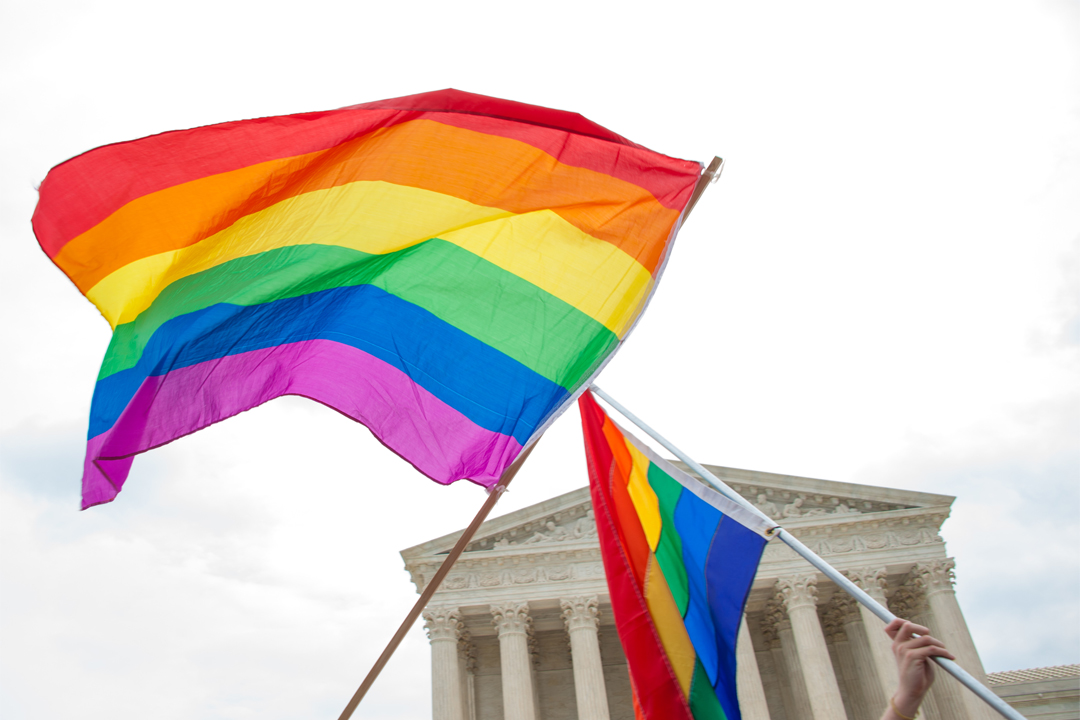Robert W. Tuttle, David R. and Sherry Kirschner Berz Research Professor of Law and Religion, and Ira C. Lupu, F. Elwood and Eleanor Davis Professor Emeritus of Law, are among the church-state scholars represented in a friend of the court brief in Campaign for Southern Equality v. Bryant, which involves a constitutional challenge to Mississippi's law (HB 1523). The law purports to empower all religious objectors and others who oppose same-sex marriage, recognition of transgender identity, and sex between same-sex partners.
Mississippi's HB 1523 singles out the following beliefs, and actions consistent with these beliefs, for protection against any state or local law: "Marriage is or should be recognized as the union of one man and one woman, sexual relations are properly reserved to such a marriage, and male (man) or female (woman) refer to an individual's immutable biological sex as objectively determined by anatomy and genetics at time of birth."
"Our amicus brief argues that the law violates the Establishment Clause because it privileges these beliefs over other beliefs, religious and secular, about marriage and sexuality; and because the law will harm the interests of LGBT persons who may be victims of discriminatory acts that the law protects," Professor Lupu said.
A federal district court judge in Mississippi has ruled the law constitutionally invalid, and the brief urges the U.S. Court of Appeals for the 5th Circuit to affirm that ruling on Establishment Clause grounds. The case is very important for the rights of LGBT persons in Mississippi, but it is also important for the precedent it will set, because Congress and a number of states are considering similar laws. The one proposed in Congress is called the "First Amendment Defense Act."
The case will be heard in an oral argument by the U.S. Court of Appeals for the 5th Circuit during the week of April 3.


